I've been an "innovation professional" for the last 30 years, playing very diverse roles (as discussed in my introduceyourself post). I am old enough to have met a guy who had worked with Einstein, and young enough to (try and) keep up with some of today's hottest innovations, namely decentralized ledgers, DAOs, and all that
I believe I have been witnessing over my life span a hugely important, historical shift with regard to the impact of innovation on politics and society at large.
In short: innovation used to be "centralizing", i.e. something that further increased the power and influence of strong centralized entities (governments, large companies, etc). But things began to change since the advent of the Web in the mid-90s and subsequent Open Source initiatives and policies. Nowadays, many disruptive innovations are clearly acting as "decentralizing" forces!
Let me substantiate this a bit:
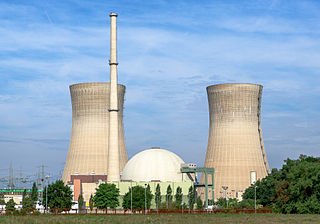
Image Credit
Before 1995 (or so)
Innovation has always been a game changer/driver for society. In the pre-Web era, societal impact was typically delivered through:
Automation in the workplace: shifting dangerous, repetitive and tiring jobs from men to machines and later robots.
Access to new energy sources: increasing the availability of e.g. heating, transport, illumination and other essential services.
New, more powerful weapons: increasing a country’s political influence and wealth.
Improved, access to information: enabling people to communicate with each other and to learn about things and facts far from them/their culture.
Large, powerful political/economic entities owned (or controlled) the infrastructure where innovation was produced and deployed (factories, networks, etc). As a consequence, citizens were experiencing the societal impact of innovation in a passive way. Basically, they played no active role in shaping innovation or steering its impact on society.
As an example in relation to items 2 and 3 above, consider nuclear energy. Harnessing its power, both for civilian and military applications, was a highly centralized and centralizing task, because of the huge costs associated to the deployment of plants, maintenance, safety, etc. Also, the know-how associated to it was treated as a state secret, with severe penalties for unauthorized disclosures.
In relation to item 4, consider access to information before the advent of the Web. In principle, television and international telecommunications would help people “decentralize” their mind by learning about things far from them. In reality, decentralization was to a large extent an illusion, because central entities would control either the very sources of information (e.g. TV stations) or the telecommunications infrastructure, so that they could exert control e.g. by setting the prices of international phone calls.
After 1995
Web 1.0 was the beginning of the decentralization of information sources on a global scale. Suddenly, a fast-growing community of skilled individuals could set up a website, generate content and make it visible worldwide. This was something like a sudden proliferation of TV channels broadcasting globally. Still, ordinary people would not be able to generate web content themselves. They just had wider (passive) access to an increasing body of information.
On the telecommunications side, Skype was a turning point: a centralized structure enabling free, p2p communications. Not bad for a start…
True decentralization started with Web 2.0, when virtually anybody could be a content provider, i.e. an innovation shaper. Moreover, social networks, Twitter in particular, became a trusted source of real-time, uncensored information from war zones and crisis areas (the 2011 Arab Spring is a good example).
Decentralizing information sources has an obvious political impact: centralized organizations can no longer afford to lie!
Decentralization also affects the energy landscape. Renewable energy sources, in particular solar and wind power, are “decentralizing” by nature! That’s because small, household-scale installations are possible and viable, and also because to a large extent the energy can be used where it is produced, reducing people’s dependence on large, centralized power grid infrastructures…
Ok, I will not talk about Web 3.0 because I feel that virtually anybody in this community knows more than me about it Let me just emphasize that now technological innovation has come to the point when it can create and empower truly decentralized entities.
Bitcoin, which I guess could be regarded as the very first DAO, is decentralizing access to financial resources and services. Money is power, so once money is fully decentralized, it’s hard to imagine how traditional, centralized power structures can survive. So, the time may be ripe to invent brand new (decentralized?) political structures and empower them with the new technologies.
Your call, guys
“Decentralization has, not only an administrative value, but also a civic dimension, since it increases the opportunities for citizens to take interest in public affairs; it makes them get accustomed to using freedom. And from the accumulation of these local, active, persnickety freedoms, is born the most efficient counterweight against the claims of the central government, even if it were supported by an impersonal, collective will.” (A.de Tocqueville)
@dragonslayer109 features authors to promote new authors and a diversity of content. ALL STEEM Dollars for this post go to the featured author
Don't just follow me, follow the author as well, if you like their post - @claudiop63. Thank you

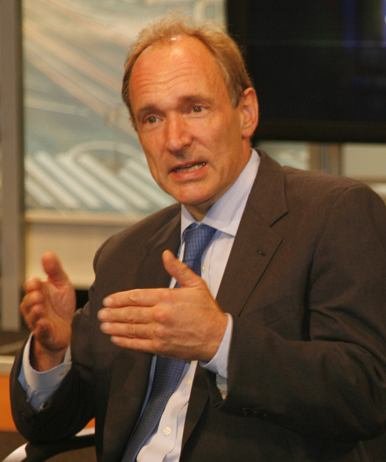
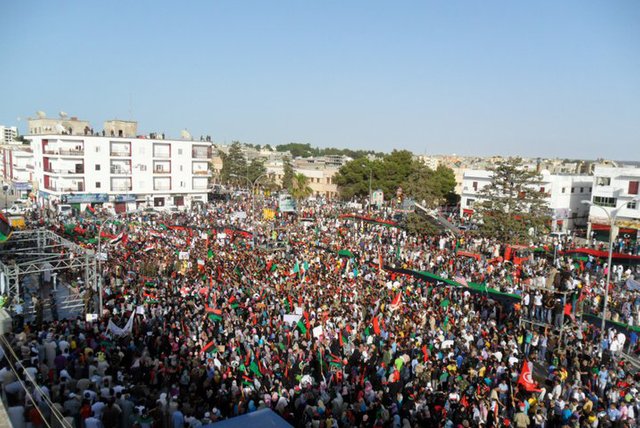
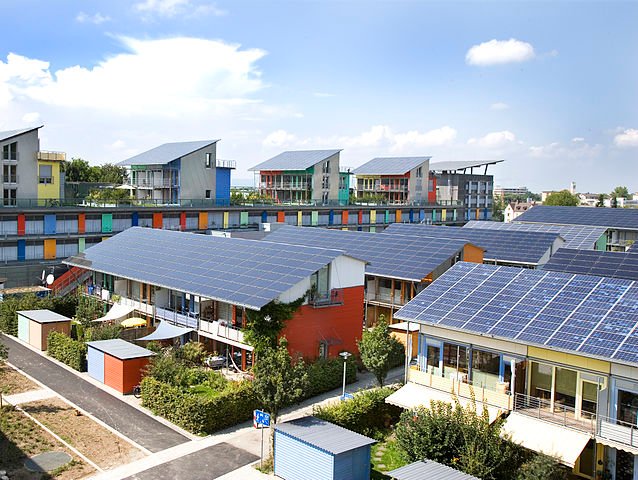
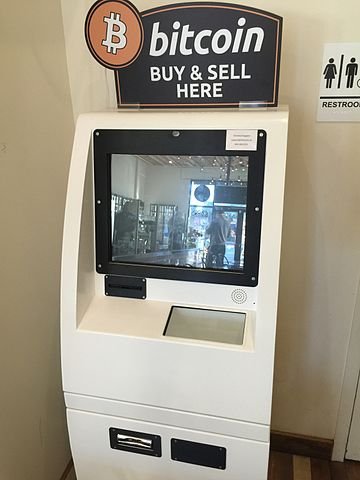
@dragonslayer @claudiop63
The terms decentralisation and centralisation are not exactly black and white but rather gray areas that overlap with one another. "Distributed" might be a better term (also much more efficient)
I more or less agree with what you are saying but I would like to expand a bit more. Decentralisation is not something new. For example Great Alexander divided his empire into small self governing states instead of a centralised one.
Also, decentralisation technologies are used today from centralised entities such as goverments. For example Sweden is testing as we speak a decentralised land registry protocol
In essense people will still be bound to centralised entities. Even globalisation, which was the first major "decentralisation" still holds the burden of centralised market controls. Another example is Steemit. It might be build on a decentralised technology but still the whales hold very much a centralised power and can silence anybody if they so wish.
Downvoting a post can decrease pending rewards and make it less visible. Common reasons:
Submit
Indeed. Full decentralization of power is probably utopy. ..
Downvoting a post can decrease pending rewards and make it less visible. Common reasons:
Submit
Great article, upped and following @claudiop63!
Downvoting a post can decrease pending rewards and make it less visible. Common reasons:
Submit
So can this decentralization reverse the increasing concentration of wealth in the hands of fewer and fewer people? Is our new Gilded Age a blip?
http://www.cbpp.org/research/poverty-and-inequality/a-guide-to-statistics-on-historical-trends-in-income-inequality
"This guide consists of four sections. The first describes the commonly used sources and statistics on income and discusses their relative strengths and limitations in understanding trends in income and inequality. The second provides an overview of the trends revealed in those key data sources. The third and fourth sections supply additional information on wealth, which complements the income data as a measure of how the most well-off Americans are doing, and poverty, which measures how the least well-off Americans are doing."
Downvoting a post can decrease pending rewards and make it less visible. Common reasons:
Submit
I think decentralization can create wealth for talented people living in underdeveloped regions and/or outside the wealthy circles, so yes, it goes in the right direction. ..
Downvoting a post can decrease pending rewards and make it less visible. Common reasons:
Submit
The image source of the 3rd picture is the same with the 4th one. An error I guess, you're probably in a hurry.
Well, Im just participating the SteemCleaners Campaign. In any way possible, I'm inspecting the legitimacy of the article and I find it clean and good. :)
Downvoting a post can decrease pending rewards and make it less visible. Common reasons:
Submit
thank you for your help issue has been fixed :)
Downvoting a post can decrease pending rewards and make it less visible. Common reasons:
Submit
Thanks for pointing that out!
Downvoting a post can decrease pending rewards and make it less visible. Common reasons:
Submit
I like it. Very interesting! And yes @dragonslayer109 you are young enough! :)
Thanks for sharing.
Downvoting a post can decrease pending rewards and make it less visible. Common reasons:
Submit
Actually. ..it's me writing that (I am 53...)
Downvoting a post can decrease pending rewards and make it less visible. Common reasons:
Submit
What I'm saying, young enough!
Please keep writing articles like this. You have a fan here :)
Downvoting a post can decrease pending rewards and make it less visible. Common reasons:
Submit
Interesting read...
Downvoting a post can decrease pending rewards and make it less visible. Common reasons:
Submit
good 1
Downvoting a post can decrease pending rewards and make it less visible. Common reasons:
Submit
we have those bitcoin atm too here in Manila , awesome article please check mine if you have spare time, thanks!
Downvoting a post can decrease pending rewards and make it less visible. Common reasons:
Submit
Very interesting article. Want to hear more from you!
Downvoting a post can decrease pending rewards and make it less visible. Common reasons:
Submit
I we could find a way of using limited resources superintelligently, while also operating in a 100% environmentally sustainable way , then we could have utopia.
Downvoting a post can decrease pending rewards and make it less visible. Common reasons:
Submit
They will survive, but once that happens a new era will be born with it and remember Steemit is just the beginning, the bigger picture for both Steemit and most importantly Steem is something else ;)!
Dan is truly The Man!
Downvoting a post can decrease pending rewards and make it less visible. Common reasons:
Submit
This post has been linked to from another place on Steem.
Learn more about linkback bot v0.3
Upvote if you want the bot to continue posting linkbacks for your posts. Flag if otherwise. Built by @ontofractal
Downvoting a post can decrease pending rewards and make it less visible. Common reasons:
Submit
Innovation distinguishes between a leader and a follower.
Downvoting a post can decrease pending rewards and make it less visible. Common reasons:
Submit